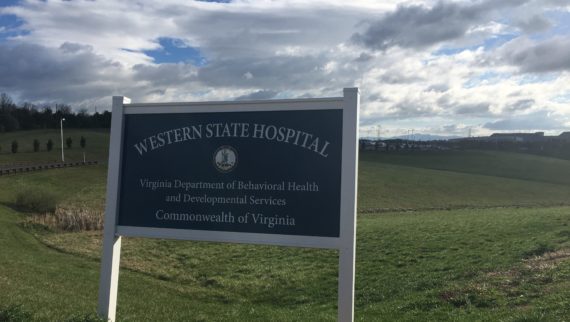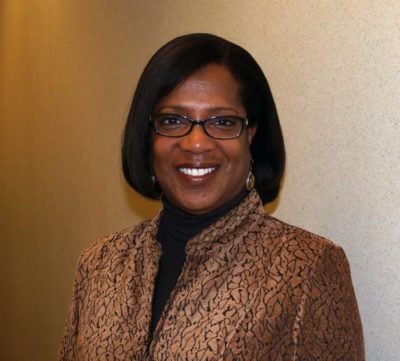Short Six Minute Sample of New Video Presentation
(8-4-21) COVID has kept me from sharing my family’s story about resilience and recovery so I am now offering a professionally made 25 minute video for viewing by organizations. After the video, I am available for 30 minutes of questions and answers via ZOOM.
My son, Kevin, joined me in May for one of the initial presentations of the video at NAMI Vermont’s Pathways to Wellness Conference. After it was shown, I spoke on ZOOM from the parent perspective. Kevin spoke as a son and peer-to-peer specialist. The reaction:
- “Boy, this is NAMI in a nutshell – family angst and advocacy vs. the power of a loved one’s illness. Kudos to these two for not giving up.”








